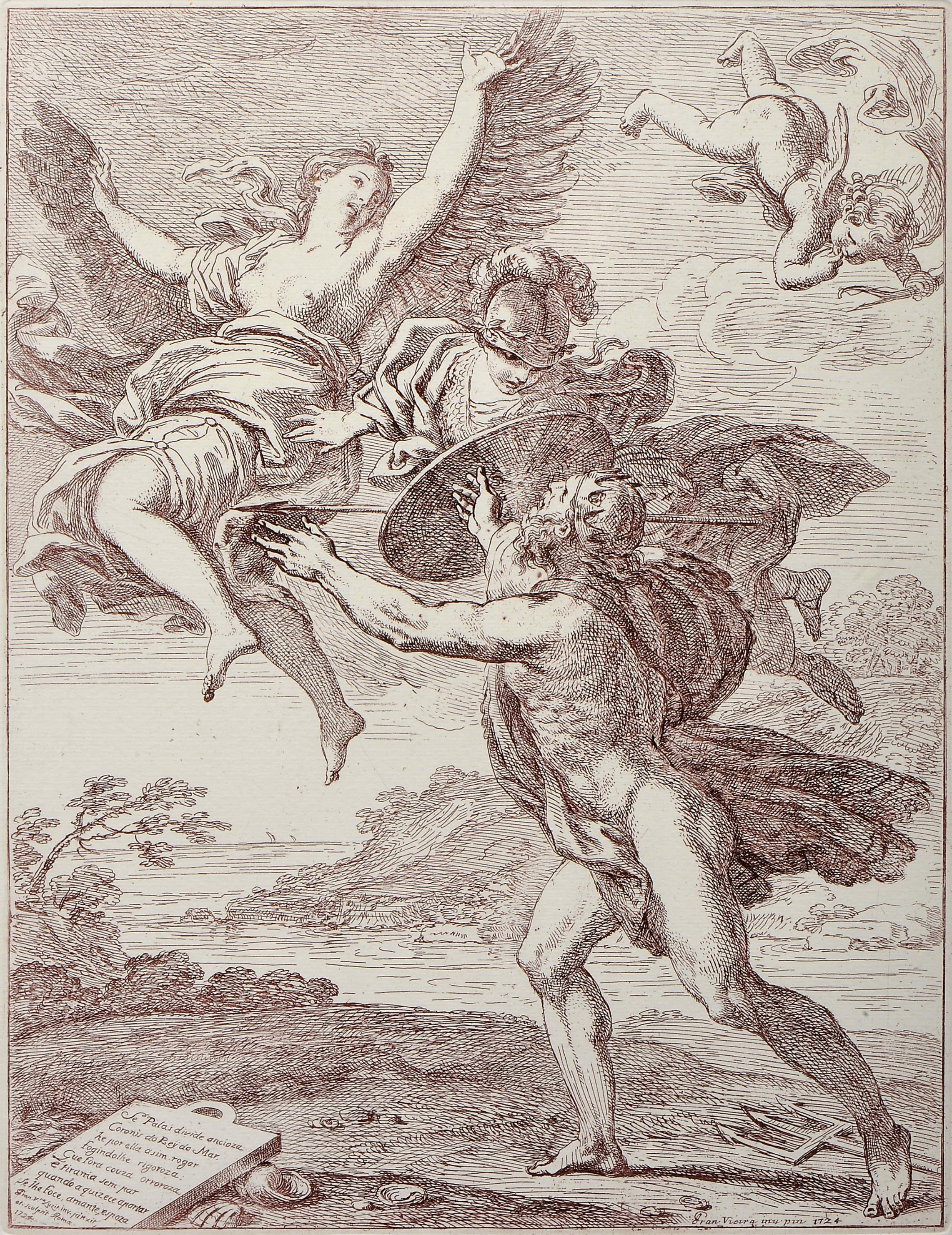Cornix Maledictum on:
[Wikipedia]
[Google]
[Amazon]
 In Greek and
In Greek and
Online version at the Topos Text Project.
*
Online version at the Perseus Digital Library.
* Publius Ovidius Naso, ''Metamorphoses.'' Hugo Magnus. Gotha (Germany). Friedr. Andr. Perthes. 1892
Latin text available at the Perseus Digital Library
{{Greek-myth-stub Characters in Greek mythology
 In Greek and
In Greek and Roman mythology
Roman mythology is the body of myths of ancient Rome as represented in the literature and visual arts of the Romans. One of a wide variety of genres of Roman folklore, ''Roman mythology'' may also refer to the modern study of these representat ...
, Cornix is a character in Ovid
Pūblius Ovidius Nāsō (; 20 March 43 BC – 17/18 AD), known in English as Ovid ( ), was a Roman poet who lived during the reign of Augustus. He was a contemporary of the older Virgil and Horace, with whom he is often ranked as one of the th ...
's ''Metamorphoses
The ''Metamorphoses'' ( la, Metamorphōsēs, from grc, μεταμορφώσεις: "Transformations") is a Latin narrative poem from 8 CE by the Roman poet Ovid. It is considered his ''magnum opus''. The poem chronicles the history of the wo ...
''. She was a princess and the daughter of Coronaeus In Greek mythology, King Coronaeus (Ancient Greek: Κορωναῖος) of Phocis was the father of Corone, who was changed into a crow by Athena as she fled from Poseidon.Ovid, ''Metamorphoses'' 2.542 ff. See also
*List of Greek mythological figure ...
.
Mythology
One day as Cornix was walking by the seashore,Neptune
Neptune is the eighth planet from the Sun and the farthest known planet in the Solar System. It is the fourth-largest planet in the Solar System by diameter, the third-most-massive planet, and the densest giant planet. It is 17 times ...
(Poseidon
Poseidon (; grc-gre, Ποσειδῶν) was one of the Twelve Olympians in ancient Greek religion and myth, god of the sea, storms, earthquakes and horses.Burkert 1985pp. 136–139 In pre-Olympian Bronze Age Greece, he was venerated as a ch ...
) saw her and attempted to seduce her. When his efforts failed he attempted rape, and Cornix fled, crying out to men and gods, and while no man heard her, "the virgin goddess feels pity for a virgin": Pallas Athena transformed her into a crow. She also cites her resentment that her place as Minerva's servant is being taken over by Nyctimene transformed into the owl, where the transformation was punitive.
John Gower took up the tale for use in his ''Confessio Amantis
''Confessio Amantis'' ("The Lover's Confession") is a 33,000-line Middle English poem by John Gower, which uses the confession made by an ageing lover to the chaplain of Venus as a frame story for a collection of shorter narrative poems. Accord ...
'', with particular emphasis on her delight in her escape:
With feathers of a coaly black,
Out of his arms, like bolt from bow,
She flew in likeness of a crow:
And this, to her, was more delight -
To keep her maiden treasure white
Beneath a feather cloak of black -
Than, pearly-skinned, to lose and lack
What never can return again.
See also
*Coronis (mythology)
There are several characters in Greek mythology by the name Coronis (Ancient Greek: Κορωνίς, -ίδος "crow" or "raven"). These include:
*Coronis, one of the Hyades.
* Coronis, a daughter of King Coronaeus of Phocis who fled from Poseido ...
Notes
References
Legendary crows Metamorphoses into birds in Greek mythology Women in Greek mythology Mythological rape victims Metamorphoses charactersReferences
*Gaius Julius Hyginus
Gaius Julius Hyginus (; 64 BC – AD 17) was a Latin author, a pupil of the scholar Alexander Polyhistor, and a freedman of Caesar Augustus. He was elected superintendent of the Palatine library by Augustus according to Suetonius' ''De Grammatic ...
, ''Fabulae from The Myths of Hyginus'' translated and edited by Mary Grant. University of Kansas Publications in Humanistic StudiesOnline version at the Topos Text Project.
*
Publius Ovidius Naso
Pūblius Ovidius Nāsō (; 20 March 43 BC – 17/18 AD), known in English as Ovid ( ), was a Roman poet who lived during the reign of Augustus. He was a contemporary of the older Virgil and Horace, with whom he is often ranked as one of the th ...
, ''Metamorphoses
The ''Metamorphoses'' ( la, Metamorphōsēs, from grc, μεταμορφώσεις: "Transformations") is a Latin narrative poem from 8 CE by the Roman poet Ovid. It is considered his ''magnum opus''. The poem chronicles the history of the wo ...
'' translated by Brookes More (1859-1942). Boston, Cornhill Publishing Co. 1922Online version at the Perseus Digital Library.
* Publius Ovidius Naso, ''Metamorphoses.'' Hugo Magnus. Gotha (Germany). Friedr. Andr. Perthes. 1892
Latin text available at the Perseus Digital Library
{{Greek-myth-stub Characters in Greek mythology